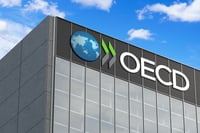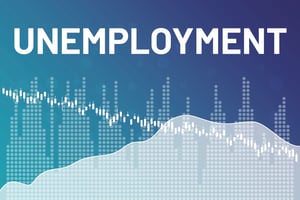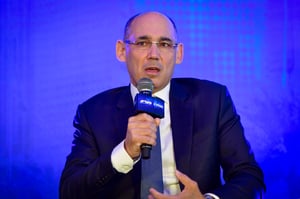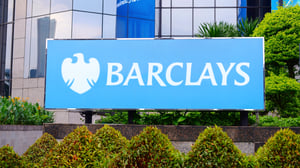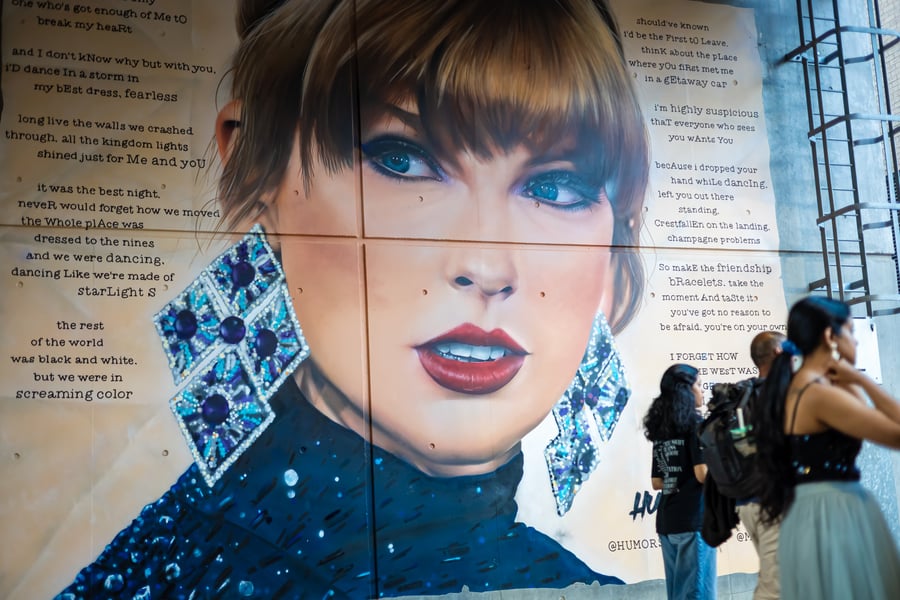
Britain's latest inflation data reveals an unexpected twist in the economic narrative. While the annual inflation rate of 2% in June aligns with the Bank of England's target, it surpassed economists' predictions of 1.9%.
A key factor in this increase? The hospitality sector, particularly hotel rooms. The arrival of Taylor Swift's Eras tour in the UK drove up demand for accommodations near concert venues, contributing to a 6.2% rise in the restaurants and hotels category.
However, economists are more concerned with underlying trends. Core inflation remained stubbornly high at 3.5%, while service price inflation held steady at 5.7%. These figures suggest persistent inflationary pressures in the UK economy.
The data presents a complex picture. Food price inflation continued to decline, offering some relief to consumers. Yet, the overall economic landscape indicates that the Bank of England's Monetary Policy Committee (MPC) is unlikely to cut interest rates in August as some had hoped.
Huw Pill, the Bank's chief economist, recently highlighted the "uncomfortable strength" in services inflation and wage growth. This sentiment is reflected in the latest figures, challenging earlier optimism about potential rate cuts.
While the "Swift effect" on hotel prices may be temporary, Britain's inflation problem appears more entrenched. The persistence of high core and service sector inflation, coupled with the economy's recent performance, suggests that current interest rates may remain in place longer than anticipated.
* The Independent contributed to this article.





